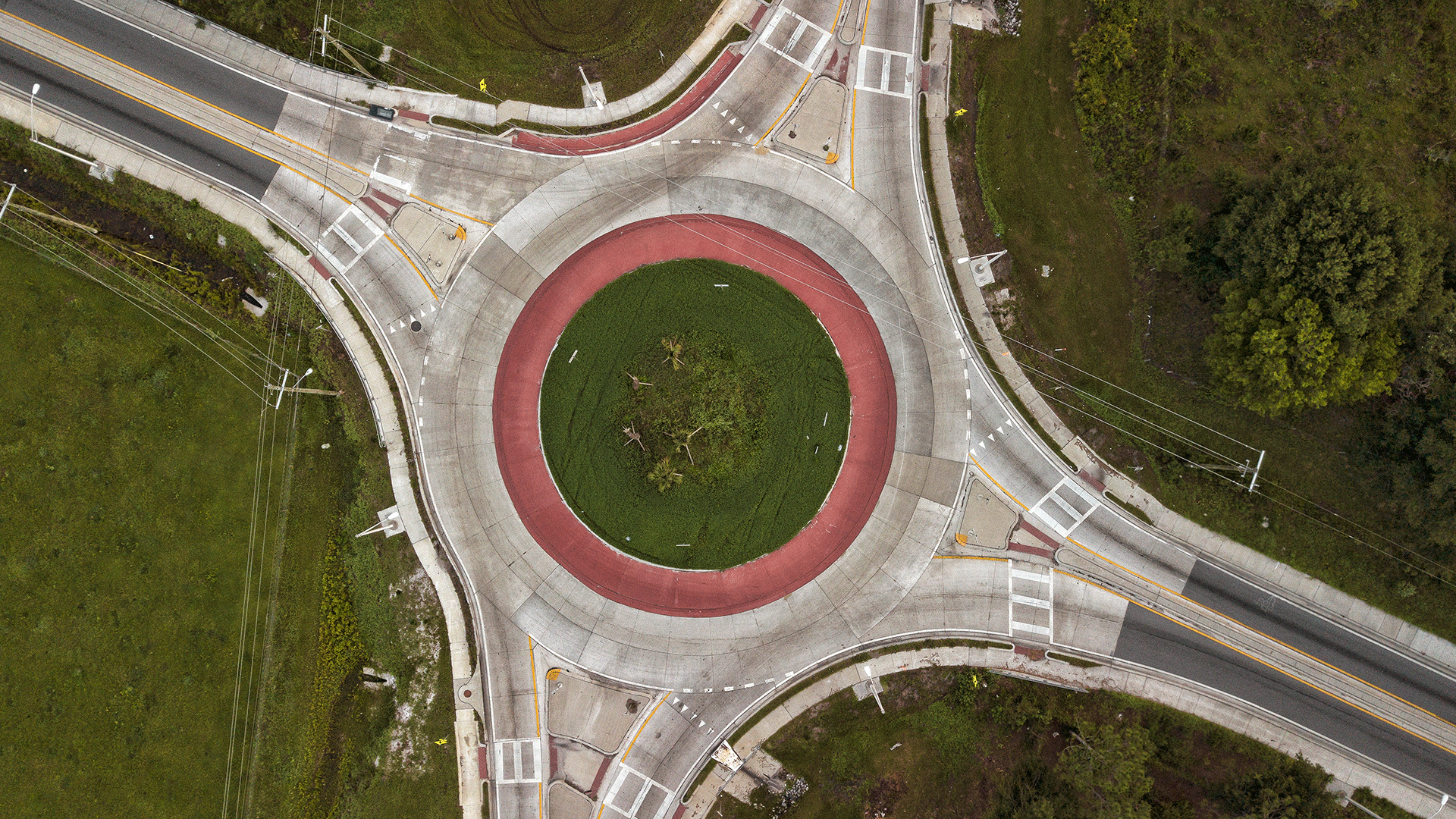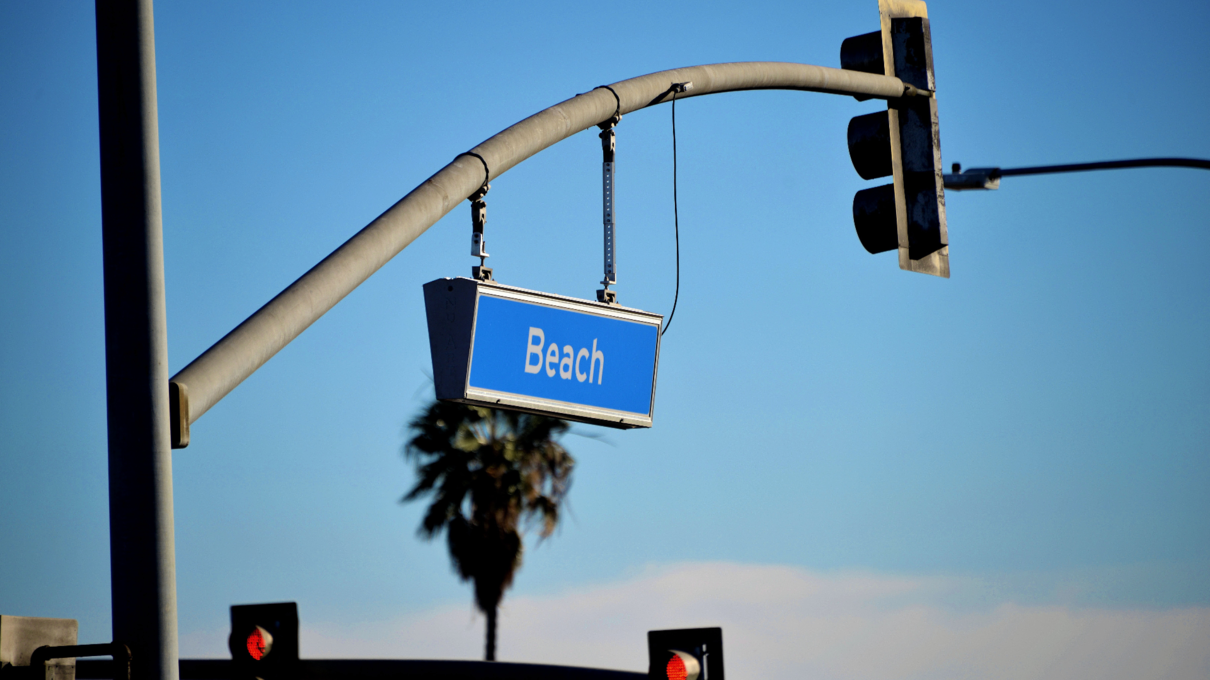Challenge
Metro (a metropolitan planning organization which serves communities in the Portland, OR metropolitan area) needed to update and provide new design guidance for roadways and regional trails to reflect current best practices and support achieving regional land use and transportation goals and policies.
Solution
Kittelson worked with Metro to update its design guidance with the incorporation of a performance-based design approach. This approach begins with practitioners first determining the necessary functions of the street or trail (for example, serving needs of various modes, managing stormwater, and placemaking). These necessary functions inform the selection of design elements and the metrics used in comparing alternatives.
In addition to updating this set of transportation design guideline handbooks, our project team updated and developed a set of resources, including photographic images, schematics and illustrations and links to other resources, for a webpage on Metro’s website.

The Outcome
Using Performance-Based Design to Plan for the Future
The updated Metro Livable Streets and Trails Guide supports the implementation of Oregon’s 2040 Growth Concept, which is the region’s land use vision, and the Transportation Plan. It serves as a resource for the agencies responsible for designing, constructing and maintaining the region’s transportation system. The guide’s performance-based planning and design guidance helps ensure that transportation projects are achieving desired project objectives and system-wide outcomes while balancing project costs and other constraints.



